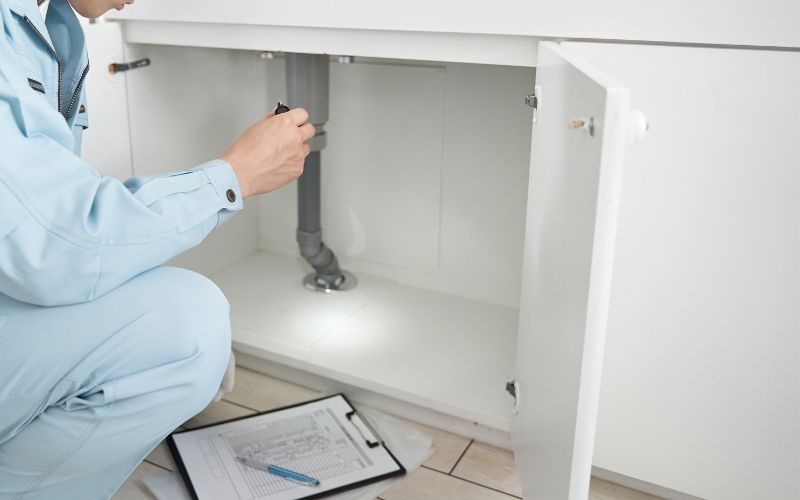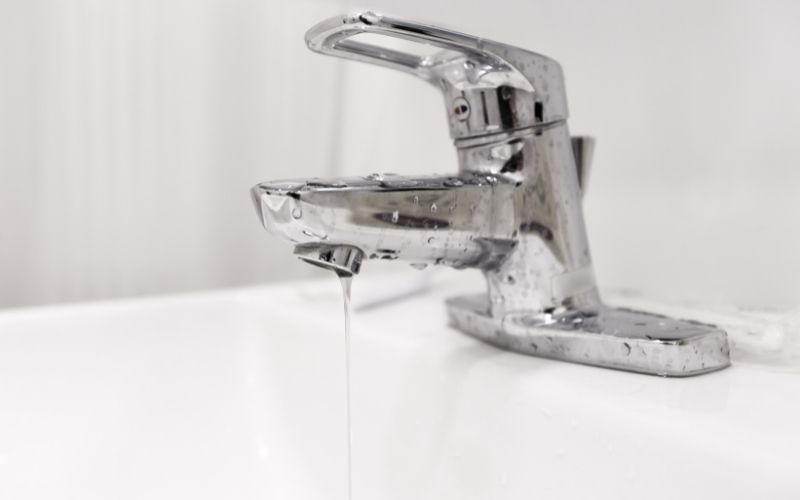If you are in the market for a new home, you’re likely to have heard about what it means to get a building inspection. You want to make sure that your house is structurally sound before you move in, right? But what about water pipes? Do they leak? What about the taps? Has the plumbing been installed correctly? Isn’t a plumber supposed to do a plumbing inspection?

Plumber or Building Inspector?
Some building inspectors specialise in plumbing systems; however, most building inspectors are not qualified to address any plumbing problems they find. To protect yourself and your family, you should hire a plumber to look at any issues identified by a building inspector. Even if you’re not looking to buy a house right now, it’s best to be prepared with knowledge about how the current system could fail.
What do plumbing inspections entail?
A plumbing system can affect the entire quality and safety of a house. It’s essential that you know what kind of condition a plumbing system is in and whether or not it will need any maintenance or repair soon. This information could be a make or break for a purchase contract.
At a minimum, a thorough inspection should include:
– checking for leaks in your pipes or roof
– looking at all joints and fittings for corrosion, cracks or other damage
– inspecting the size and slope of the drain pipes below ground level
– inspecting water pressure, flow rate, temperature and noise levels
– checking for leaks from the toilets, sinks, bathtubs, kitchen faucet – to check if any pipes are leaking
– checking general cleanliness of fixtures

What are some warning signs that you have a plumbing problem in your house?
The warning signs of a plumbing problem can vary, depending on the severity of the issue. It’s important to know what to look for so you can spot a potential problem before it becomes a significant issue.
For example, if your toilet is not flushing correctly or your sink is clogged, this could be a sign that there’s a water leak somewhere in your plumbing system. It’s also possible to have a broken dishwasher hose or a clogged drain that needs attention.
If you’re on the lookout for a new property, knowing how to inspect plumbing on a fundamental level is helpful. Familiarise yourself with these common warning signs:
– Slow draining sinks and toilets
– Excessive water pressure from showerheads
– Persistent leaks from pipes or fixtures
On the other hand, there are problems that you will not see, which makes an inspection of plumbing even more critical. These include:
- Damaged hot water systems
- Corroded pipes
- Wall or ceiling paint that is bubbling and covered up in some cases.
If any of these issues appear on your inspection report, make sure to contact a plumber as soon as possible for further information on repair costs.
What should I look for in a plumber?
When looking for a plumber to carry out the plumbing repairs, check their plumber’s license, insurance, and references before hiring them. It’s important to ensure a plumber is qualified for the job you need doing.
Try browsing online or asking friends and family members for recommendations to find a licensed plumber to perform repairs or a comprehensive plumbing inspection in Brisbane. If you’re not sure how to get started, give us a call! Our team of experts can help you find the right person for the job.